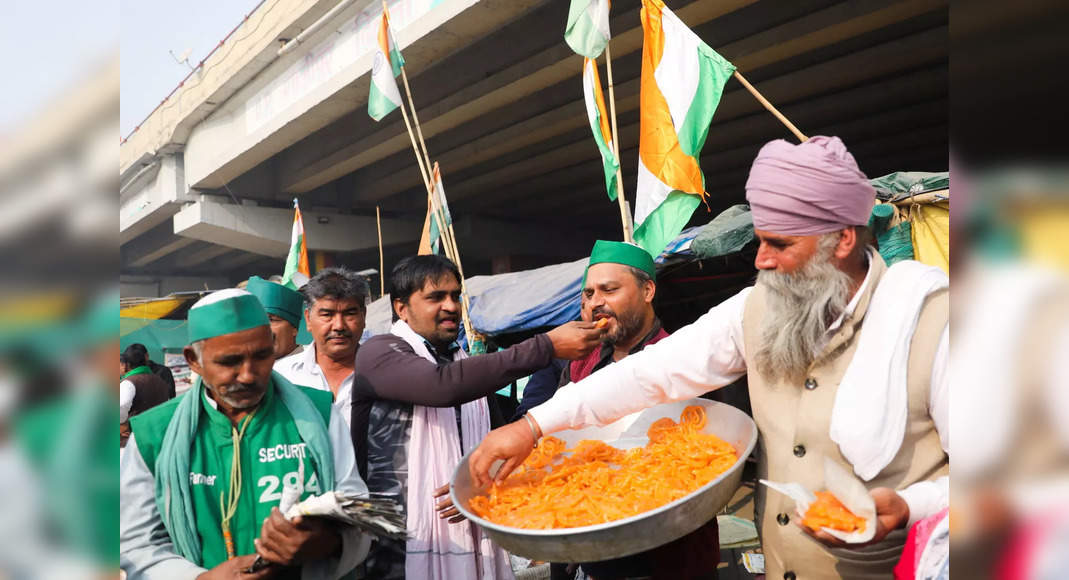New Delhi: The government’s decision to revoke the three Central Agriculture Laws is “very unfortunate” because this “political step” will not end farmer agitation and will not help BJP in the upcoming Assembly poll in Uttar Pradesh and Punjab, the main member of the panel Appointed by the Supreme Court about controversial Agri-Laws said on Friday.
Sanghatana President Shetkari Anil J Ghanwat said the agitators had planned protests until the election of the upcoming assembly.
This center does not give up when protests are at its peak and now they have knelt.
The government should adopt other policies to overcome the problem rather than revoking it.
In fact, the law can survive having the government discusses it well during the trip in parliament and even agreed to refer to the parliamentary panel, he told PTI.
In a big step, Prime Minister Narendra Modi in his speech to the nation on Friday morning announced revoking three central agricultural laws.
Already more than a year now farmers protested at the Delhi border on three central agricultural laws – trade and trade (promotion and facilitation), 2020; Farmers (empowerment and protection) of the price guarantee agreement and agricultural service law; and important commodity (amendment).
Expressing unhappiness of the government’s decision, Ghanwat said this decision “will not end agitation too.
Because their request to make the minimum support price (MSP) legal will exist.
And this decision will also not help BJP politically.” He said, “This is a very unfortunate decision.
Farmers are given freedom, but now they will be exploited because they have been exploited since independence or since the British government.” Under the new agriculture law, farmers are for the first time given a kind of “independence in marketing”, but now they have to face restrictions such as export prohibitions and stock limits used to exploit farmers to maintain low agricultural levels, he said.
Ghanwat said the government should use several other policies to manage agitation.
“But now it has given up on the pressure of the agitator.
We don’t expect good things will happen now.” Stating that it was a political decision, panel members said, “They (center) do not give up when agitation is at its peak.
But now they kneel because they want to win the election in Uttar Pradesh and Punjab.
To make their party elected once again, they have decided To retreat.
This is not good.
“Actually, the agitator has designed anxiety to extend to the upcoming assembly, he said.
In the status quo from several provisions of new laws that have been implemented, Ghanwat said the first two laws were being implemented in most countries.
“For example, selling Agri produces outside APMC.
This law is being implemented in 21 countries now.
Agriculture is the subject of the country and it is up to the provisions or not.” He added.
According to Ashok Gulali, agricultural economist and former chairman of the commission for agriculture and price (CACP): “The government has decided to revoke the law and it is his desire.
The panel has submitted his report to the Supreme Court.
SC might have suggested the government or whatever Revoked.
This is good for farmers.
They can sit and relax now.
“The upcoming poll is one of the main considerations to revoke agricultural laws, he said.
In addition to Ghanwat and Gulati, Joshi’s Pramod Agriculture Economy was the third member of the SC designated committee which was formed after the peak court continued to carry out three agricultural laws.
The committee handed over its report to the APEX court on March 19, after studying laws and consulting with stakeholders.
Unpublished report.







